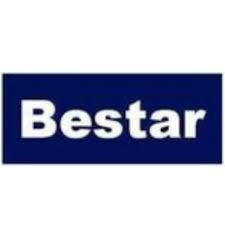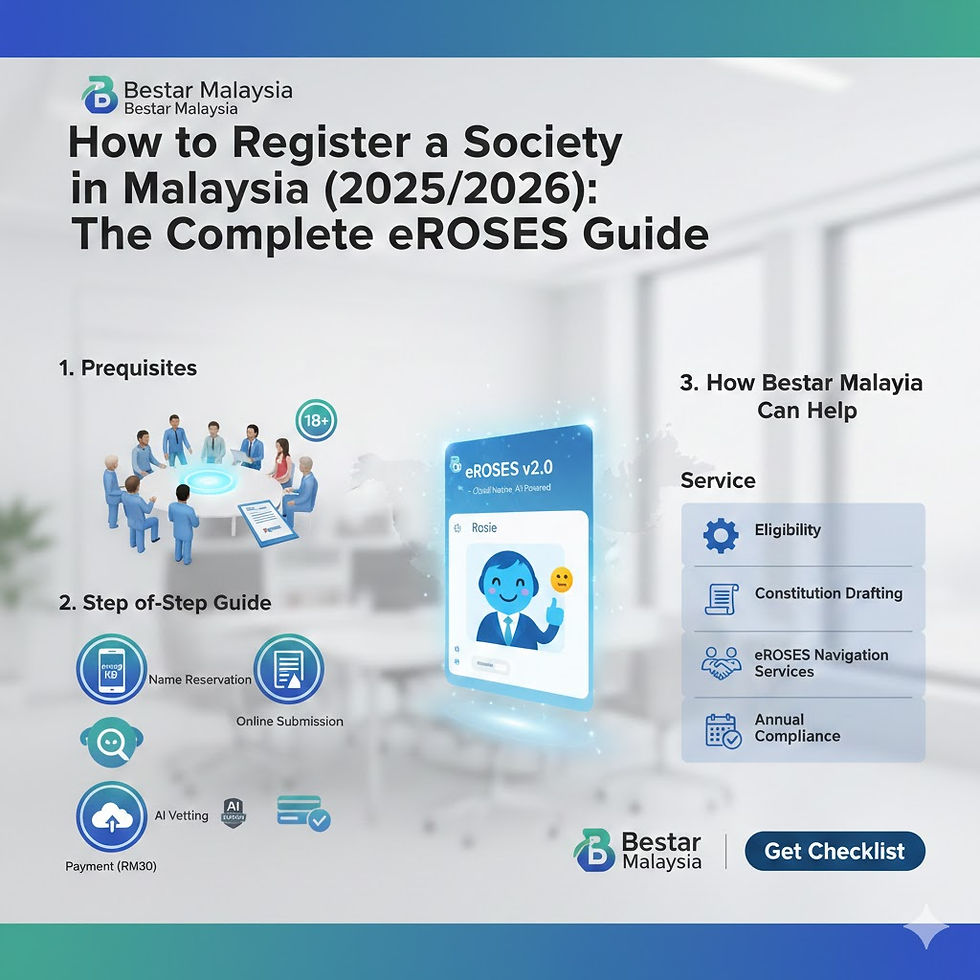Malaysia Milk Powder Import
- Roger Pay
- Apr 18, 2025
- 4 min read
Malaysia Milk Powder Import Overview
Malaysia is a significant importer of milk powder to meet its domestic demand. Here's a breakdown of the import situation:
Import Regulations:
Import Permit: A valid import permit from the Malaysian Quarantine and Inspection Services Department (MAQIS) is required for each consignment.
Veterinary Health Certificate: Each consignment must be accompanied by an official veterinary health certificate in English, issued within seven days of export, signed by a competent veterinary officer from the exporting country. This certificate confirms the origin's disease-free status, the health of the animals, and the processing standards of the milk powder.
Halal Certification: For milk powder intended for human consumption, a Halal Certificate from an approved Islamic organization in the exporting country is necessary.
Labeling: Products must be clearly labeled with the manufacturer's details, batch/lot number, production and expiry dates, and storage conditions. Milk powder not for human consumption must be labeled in red as such.
Transportation: Importation must be through prescribed landing places in Malaysia via ship, aircraft, or vehicle.
Facility Registration: Overseas enterprises exporting dairy products to Malaysia might need to register their facilities with the Department of Veterinary Services (DVS).
Import Statistics (for Milk Powder with fat content not exceeding 1.5% - HS Code 040210):
Value: In 2023, Malaysia's imports of milk powder (fat content ≤ 1.5%) totaled $338 million. This was a decrease of 30% compared to 2022 ($487 million).
Ranking: In 2023, Malaysia was the 7th largest importer of milk powder (fat content <1.5%) globally.
Major Importing Partners (2023):
New Zealand: $104 million (30% share)
USA: $88 million (26% share)
Finland: $25 million (7.49% share)
Ireland: $23 million (6.98% share)
Germany: $19.9 million (5.89% share)
Growth in Import Markets (2022-2023): The fastest-growing import markets for Malaysia were Finland, Belarus, and Germany.
Malaysian Milk Powder Market:
The dairy product industry in Malaysia is a growing market, estimated to be worth RM17 billion in 2023. It is expected to grow at a CAGR of over 8.1% between 2023 and 2027.
Malaysia relies heavily on imports to meet its dairy demand. In 2022, total dairy imports were over 458,000 tonnes, valued at USD1.5 billion.
Key players in the Malaysian milk powder market include:
Dutch Lady Milk Industries Berhad
Nestlé (Malaysia) Berhad
Fonterra Brands Malaysia
Farm Fresh Bhd (actively expanding into the milk powder segment)
Foreign brands dominate the powdered milk market in Malaysia.
The powdered milk segment in Malaysia was estimated to be worth RM2.3 billion in 2020.
In summary, Malaysia is a significant importer of milk powder, with specific regulations in place to ensure safety and Halal compliance. New Zealand and the USA are major suppliers. The local market is expanding, with both international and domestic players vying for market share.
How Professional can Help
A professional can significantly help with Malaysia milk powder import by providing expertise and guidance in navigating the complex regulatory landscape and logistical challenges. Here's how:
1. Regulatory Compliance:
Understanding Regulations: Professionals specializing in Malaysian food import regulations have in-depth knowledge of the specific requirements set by agencies like the Department of Veterinary Services (DVS), the Malaysian Quarantine and Inspection Services (MAQIS), and the Department of Islamic Development Malaysia (JAKIM) for Halal certification.
Permit and Certification Assistance: They can guide you through the application processes for necessary import permits from MAQIS and ensure your products meet the requirements for veterinary health certificates and Halal certification. This includes understanding the specific criteria for the exporting country and the production facilities.
Facility Registration: If your facility needs to be registered with the DVS, professionals can assist with the application and ensure all documentation is correctly prepared.
Labeling Requirements: They can ensure your milk powder products meet Malaysia's strict labeling standards, including information on the manufacturer, batch number, production and expiry dates, storage conditions, and proper labeling for products not intended for human consumption.
Product Compliance: Consultants can review your product formulation and ingredients to ensure they comply with Malaysian food laws and regulations.
2. Customs Clearance and Logistics:
Customs Procedures: Professionals can help you understand and navigate the intricacies of Malaysian customs procedures, tariffs, and duties.
Documentation: They can ensure all necessary import documentation, such as commercial invoices, packing lists, and shipping documents, is correctly prepared to avoid delays.
Choosing Shipping Methods: Logistics experts can advise on the most suitable and cost-effective shipping methods for your milk powder.
Managing Logistics: They can assist in coordinating transportation, warehousing, and distribution within Malaysia.
Liaising with Authorities: They can act as a point of contact with MAQIS and other relevant authorities during the inspection and clearance processes.
3. Market Entry and Strategy:
Market Analysis: Professionals can provide insights into the Malaysian milk powder market, including competitor analysis, consumer preferences, and potential opportunities.
Supplier Selection: They can help you identify reliable milk powder suppliers who meet the required quality and compliance standards.
Local Partnerships: Consultants can advise on the need for local partners or distributors and assist in finding suitable ones.
Risk Management: They can help identify potential risks associated with importing milk powder into Malaysia and develop mitigation strategies.
Types of Professionals Who Can Help:
Food Import Consultants: These specialists focus specifically on the regulatory and procedural aspects of importing food products, including milk powder, into Malaysia.
Customs Brokers: They are experts in customs regulations and can facilitate the clearance of your goods through Malaysian customs.
Logistics Experts: These professionals specialize in the transportation, warehousing, and distribution of goods.
Regulatory Compliance Specialists: They have in-depth knowledge of Malaysian food regulations and can ensure your products and processes meet all requirements.
Halal Certification Consultants: They can guide you through the Halal certification process and ensure compliance with JAKIM's standards.
By engaging the services of these professionals, you can streamline the milk powder import process into Malaysia, minimize the risk of delays and non-compliance, and ultimately increase your chances of success in this market.




Comments